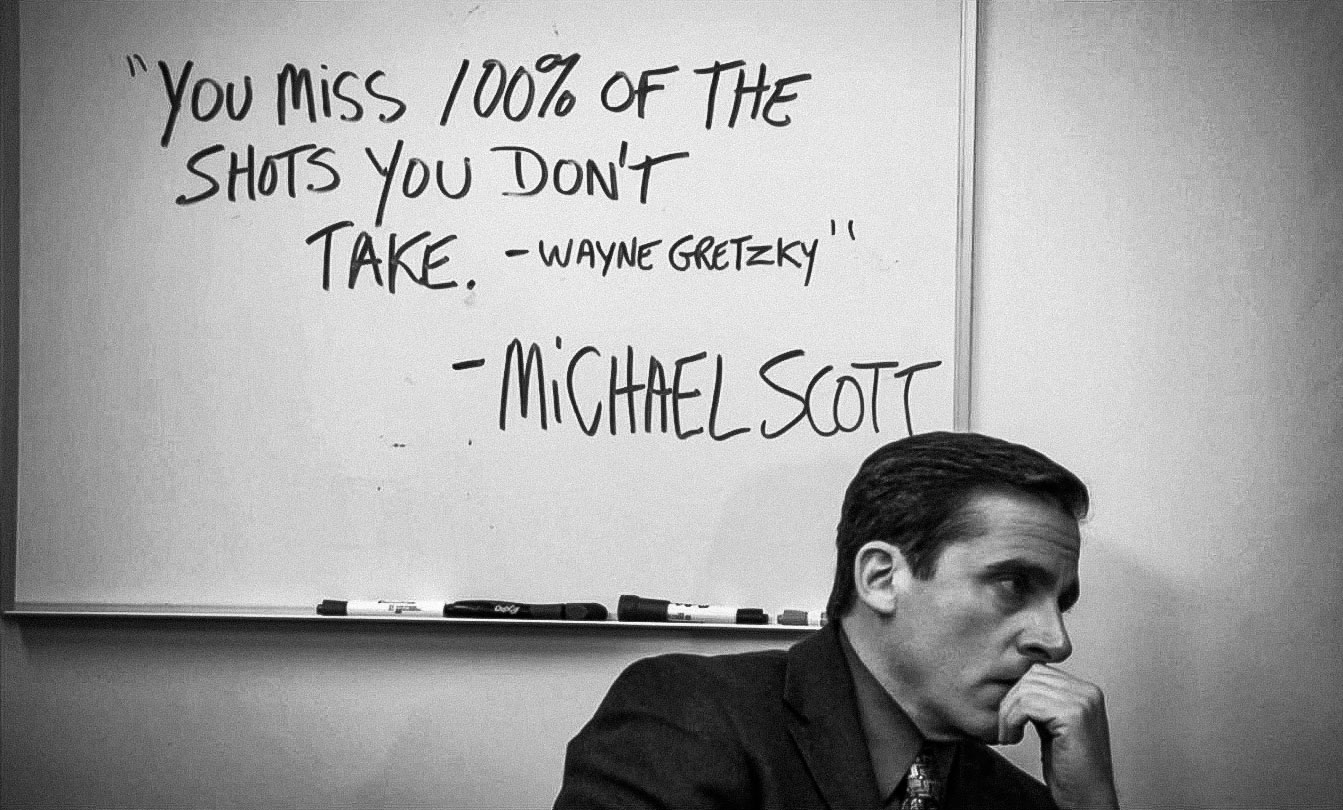Leaders and managers aren’t the same thing. Some leaders are good managers. Some managers are good leaders. Some aren’t either.
When you’re an entrepreneur, growing your business means wearing a lot of hats. As your business starts to get off the ground, you’ll need to start delegating some of those responsibilities to your growing team.
Knowing if you’re a better leader or manager will give you a better picture of your strengths and weaknesses. It’ll help you understand what you should keep doing, what you should hand off, and even who on your team you should hand it off to.
See if you can identify which of the following sounds more like you.
Leaders are more abstract. Managers are more concrete.
Some people are better at coming up with abstract concepts. Others are better at working with the tangible. Leaders are good at coming up with ideas for things they want to achieve. On the other hand, they aren’t always great at seeing those ideas through to reality. That’s where managers come in.
Ask yourself: Are you more creative-minded or logic-minded?
Leaders try to push forward. Managers stick to what they know works.
For some, the best way to know what the future will hold is by looking at the past. For others, the past is in the past — look to the future. Leaders tend to keep an eye on the future as they envision long-term goals. Managers are focused on getting things done in the short-term.
“If it ain’t broke, don’t fix it.” — A manager, probably.
Leaders like to take big risks for big rewards. Managers work hard to mitigate risks.
Managers do their best to lower the amount of risk in your company. However, leaders recognize you won’t ever be successful if you don’t take some risks. Walking this balance is necessary for your company to both move forward and keep from slipping backward.
“You Miss 100% of the shots you don’t take.” — Wayne Gretzky
Leaders build relationships with people by mentoring. Managers build systems and structures for people.
Every business needs people and systems to be successful. Leaders tend to focus more on the culture your company is fostering. On the other side, managers are great at creating the rules, systems, and standards those people follow.
Leaders have people following their vision. Managers have people following their processes.
Great leaders can inspire people to follow their vision of the future without getting bogged down in the details. This can be frustrating for some people who need more clarity. Managers can help build that clarity by building processes for people to follow. Of course, this can also be frustrating for some people who need more freedom. Understanding this is how you can achieve a good balance.
Managers achieve results. Leaders decide what those results should be.
Managers are good at building the path for people to follow. But where is that path going? They rely on their leaders to come up with the end goal they’re striving for — the vision to achieve.
Managers interpret data to find direction. Leaders find direction from within.
When managers don’t know the best route to take, they’ll default to looking at data and analytics to find the answers. On the other hand, when leaders are faced with crossroads, data may be helpful but it’s ultimately not always how they make their decisions. After all, their instincts have gotten them this far.
Managers focus on their team. Leaders focus on the entire company.
In most companies, managers oversee a team of people. They’re great at figuring out what makes their team successful inside a larger organization. Leaders are better at looking at things both inside and outside the organization (competitors, industry trends, etc.) to help determine the best decisions for inside the company.
Managers organize information. Leaders disseminate information.
Great managers can take information they’re given and organize it into a way that makes sense for others. Leaders are the ones giving that information to managers.
Managers focus on the short-term. Leaders focus on the long-term.
The day-to-day operations are best handled by great managers who know the ins and outs of your business. Because they’re so busy figuring out the details to make your company successful, it’s hard for them to take a step back and look at the bigger picture. That’s where trust in their leaders is vital, so they know the direction leadership is handing down is the best course of action.
Obviously, many of the things I’ve mentioned here are generalizations. After all, it’s not like every leader shuns data on every occasion. Think of these how people default as a standard mode of operation.
Some people can be both a great leader and a great manager, but that’s rare. Sort of like how it’s rare for someone to be a great artist and a great developer at the same time. These skills take different parts of the brain.
Great leaders need great managers and vice versa. Ultimately, your company needs a mixture of both to be successful.






